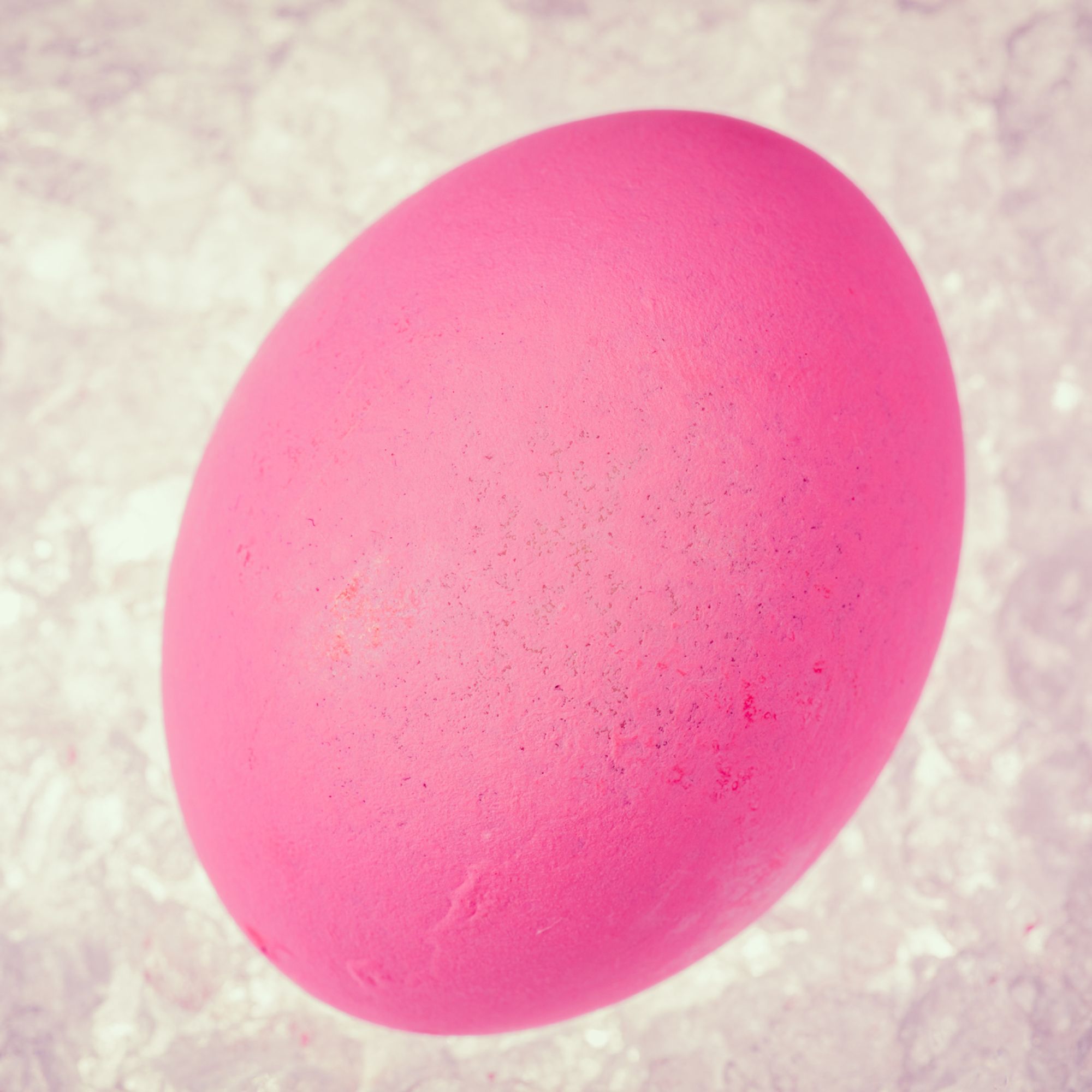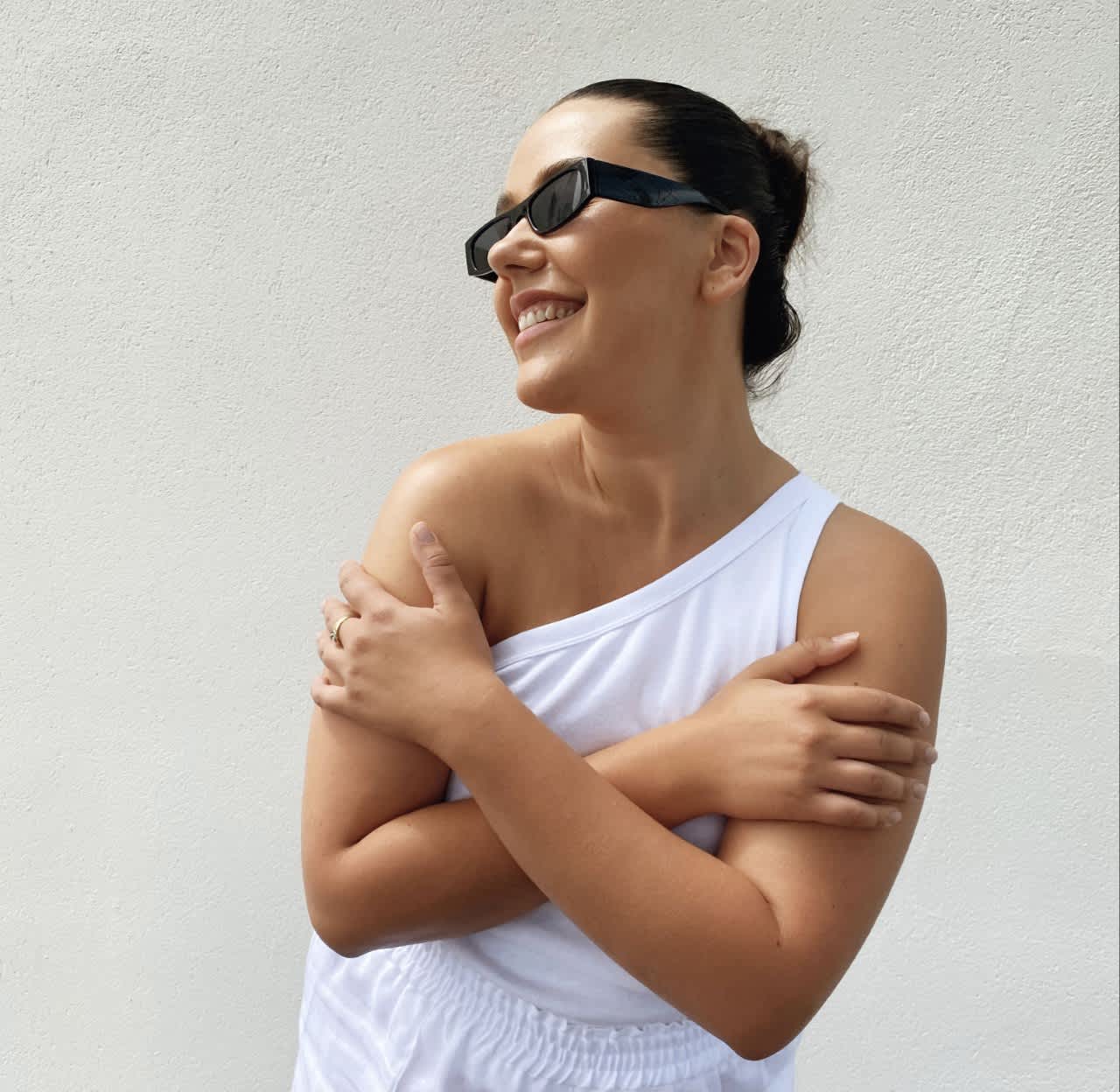
- POPSUGAR Australia
- Fitness
- How Soon Is Too Soon to Freeze Your Eggs?
How Soon Is Too Soon to Freeze Your Eggs?

Welcome to POPSUGAR Uninhibited: The Fertility Edition, a space where anyone who ovulates can come for information, advice and support. Here, we’ll tackle topics like fertility in your 20s, conception and egg freezing. You can find all of the stories here.
While it may feel premature to be thinking about things like fertility and freezing your eggs in your 20s, there are plenty of reasons why planning ahead is a great idea.
If you’re living with a condition that can cause infertility, such as endometriosis or PCOS, or even if you have infertility or early menopause in your family medical history; thinking of alternate options from the start is smart.
“The general recommendation is to consider egg freezing in your late 20s and early 30s ideally as egg quality is at its best,” says fertility clinician, naturopath, author and educator, Leah Hechtman.
“However, if you have a family history of early menopause it might be advantageous to start earlier.”
But What If I Don’t Know If I Want Kids?
While it’s very possible that you could already feel strongly about this — you’re sure you either do or don’t want kids — it’s also true that things could change.
You might not be able to imagine yourself raising a family, let alone being pregnant, but according to Sophie Walker, founder and host of “Australian Birth Stories” and author of “The Complete Australian Guide to Pregnancy and Birth“, our biological clock works on its own timeline.
“Sometimes we have no idea that our biological clock exists until we wake up one morning, consumed by thoughts of having a baby,” Walker tells POPSUGAR Australia. “For some, it is an undeniably strong primal urge and it may come out of nowhere.”
So, while you might be leaning more to the side of not having kids, you never know what your body might tell you.
If you’re aware of infertility issues that might arise in the future, having a conversation with your partner and/or family about what alternative options could look like is important, as is knowing about the costs and procedures involved.
So, When Should I Freeze My Eggs?
Freezing your eggs can be an expensive process, so it makes sense that you might want to wait until you’re 100 percent sure, or more financially secure, before taking the plunge.
However, according to Hechtman, there is an age bracket that offers the best result for egg freezing, which is just after your late 20s, but before 35.
“As a general rule, egg quality declines after 30; but more quickly after 35,” she tells POPSUGAR Australia.
Basically, if you’re looking at having babies in your 20s — there’s often no point in freezing your eggs, but of course, it’s always best to speak with a fertility specialist directly.
As Hechtman explains, they can conduct assessments to ascertain the best timing for you to freeze your eggs, with your medical history specifically in mind.
But What About Sperm and Fertility Issues?
One in six Australians is faced with the heartbreaking challenge of struggling to conceive within a year of trying.
In heterosexual couples, it’s often believed that the problem lies with the egg, but in reality, statistics tell us that issues with sperm are often the cause.
“The sperm factor is responsible for 40 percent of fertility issues, with sperm count declining by 50 to 60 percent between 1973 and 2011 in the Western population,” says Hechtman.
Hechtman explains that in today’s society, more people are putting off their plans to start a family, and because the narrative of the “biological clock” for women and people who menstruate is so pervasive in culture, the impacts of ageing in men and people who produce sperm is “often overlooked”.
In reality, sperm is very much affected by lifestyle choices. When men and people who produce sperm are exposed to environmental toxins and stress, it can have a negative impact on the sperm. Excessive consumption of alcohol, smoking, sleep deprivation, all plays a role in the quality of the sperm, including its morphology, count and motility.
The mitochondria, also known as the powerhouse of the cells, exist within the sperm to give it the energy it requires to swim towards the egg to fertilise it. Recent studies have shown that the natural antioxidant, ubiquinol, which naturally occurs in our body, begins to decline around the age of 30, and ubiquinol is what is required by the mitochondria to produce the majority of the energy that powers our cells and organs.
However, ubiquinol is available as a supplement, along with other forms of natural antioxidants, which can help boost fertility.
Hechtman says that “in a time where oxidative stress is believed to be one of the primary drivers of infertility” for people of all genders, “it is imperative that all people of reproductive age seek professional recommendations to ensure that they address factors that may be impacting their chance of starting a family.”


